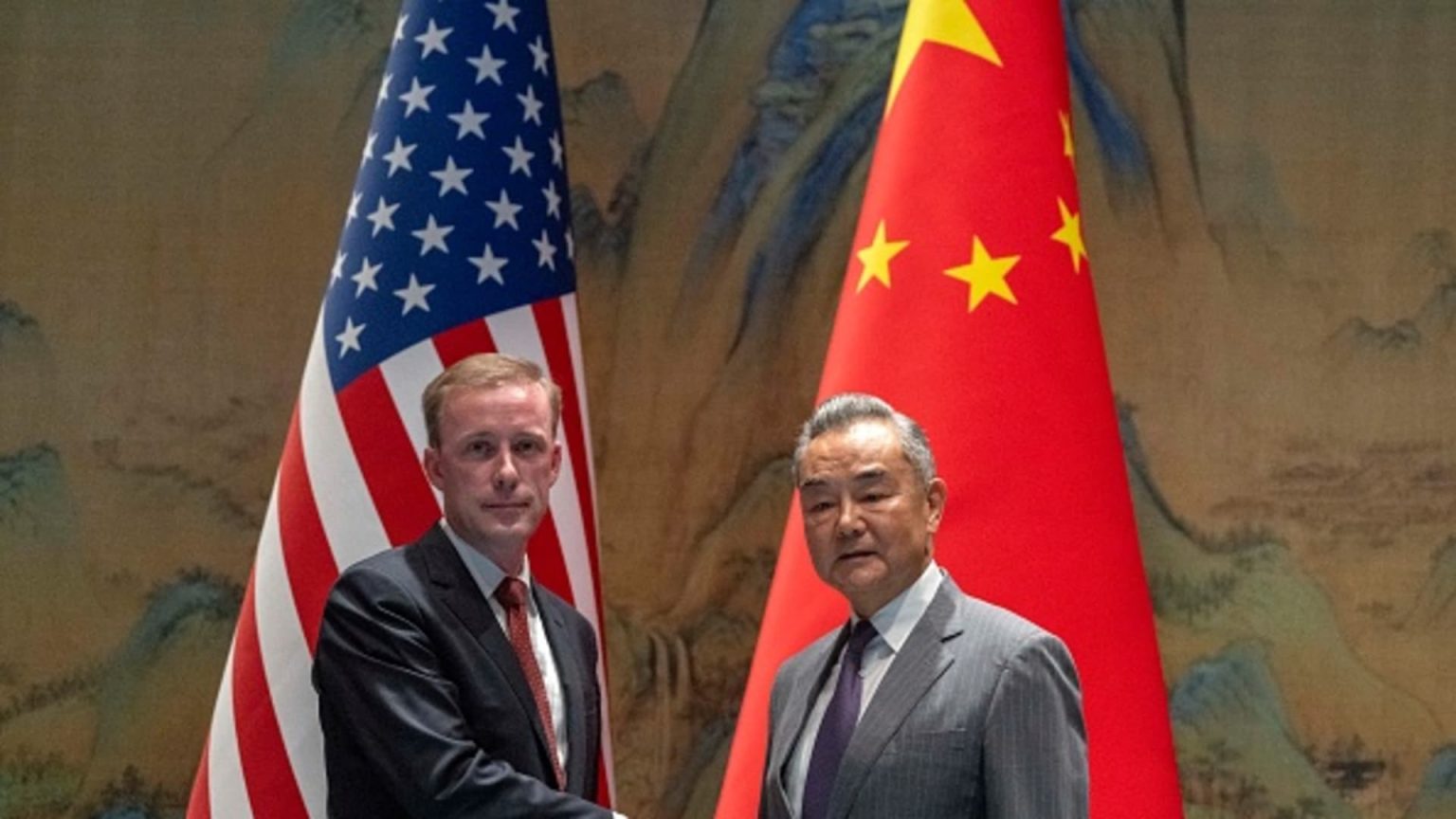In recent weeks, the White House announced that U.S. President Joe Biden and Chinese President Xi Jinping are scheduled to speak over the phone. The announcement coincided with U.S. national security advisor Jake Sullivan’s visit to Beijing to meet with Wang Yi, China’s top diplomat. Both sides have also indicated that their military leaders will hold discussions in the near future. Additionally, plans are in motion for a second round of U.S.-China talks on artificial intelligence, as well as a visit by John Podesta, senior advisor to the president for international climate policy, to China.
During Sullivan’s trip, both nations reiterated their stances on issues such as tech restrictions, Taiwan, the South China Sea, and Ukraine. Despite not being up for reelection, President Biden is moving forward with efforts to maintain communication with President Xi through a “leader-level call.” The Chinese side, in its statement, referred to “two heads of state” engaging in discussions about “a new round of interaction.” Communication between the U.S. and China has faced challenges in recent years due to tensions and Covid-19 restrictions, but efforts are being made to continue dialogue at a high level.
The phone call between Biden and Xi in early April was preceded by a meeting in November 2023 on the sidelines of a summit in Woodside, California. However, maintaining high-level communication between the two largest economies in the world has been challenging. Various incidents, such as Nancy Pelosi’s visit to Taiwan in 2022 and a “balloon incident” in 2023, have strained the relationship and led to the suspension of some planned talks. Despite these challenges, efforts are being made to overcome tensions and resume important discussions.
Sullivan’s visit to Beijing marks the first trip to China as national security advisor for the Biden administration, although he has engaged with Wang Yi in recent years. The last official visit to China by a U.S. president’s national security advisor was in 2016, under the Obama administration. While the outcome of the November presidential election remains uncertain, both political parties in the U.S. are in agreement on the need to address the “China challenge.” Phil Gordon, national security advisor to Vice President Harris, emphasized the importance of countering China’s technological, intelligence, and military capabilities to ensure that the U.S. remains secure.
Efforts to strengthen communication and dialogue between the U.S. and China come at a time of heightened tensions and strategic competition. Both countries have outlined their priorities and positions on key issues, with a focus on finding common ground and addressing areas of disagreement. Despite the challenges and complexities in the relationship between the two nations, there is a recognition of the need for ongoing engagement and cooperation to maintain stability and manage potential conflicts. Leaders from both sides are working to navigate these complexities and ensure that communication channels remain open to address critical issues facing the international community.
As the U.S. and China continue to navigate their relationship, the importance of high-level communication and engagement cannot be understated. The upcoming phone call between Presidents Biden and Xi, along with efforts to resume talks on various topics, demonstrates a commitment to dialogue and diplomacy. While challenges persist, both nations are seeking to find common ground and manage differences in a constructive manner. By maintaining channels of communication and engaging in discussions at the leader level, the U.S. and China aim to address shared challenges and work towards a more stable and cooperative relationship.


